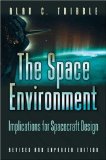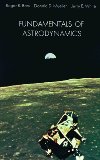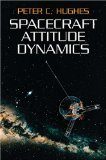Wikipedia dicit:
Venturing into the environment of space can have negative effects on the human body. Significant adverse effects of long-term weightlessness include muscle atrophy and deterioration of the skeleton (spaceflight osteopenia). Other significant effects include a slowing of cardiovascular system functions, decreased production of red blood cells, balance disorders, eyesight disorders and changes in the immune system. Additional symptoms include fluid redistribution (causing the “moon-face” appearance typical in pictures of astronauts experiencing weightlessness), loss of body mass, nasal congestion, sleep disturbance, and excess flatulence.
The engineering problems associated with leaving Earth and developing space propulsion systems have been examined for over a century, and millions of hours of research have been spent on them. In recent years there has been an increase in research on the issue of how humans can survive and work in space for extended and possibly indefinite periods of time. This question requires input from the physical and biological sciences and has now become the greatest challenge (other than funding) facing human space exploration. A fundamental step in overcoming this challenge is trying to understand the effects and impact of long-term space travel on the human body.
In October 2015, the NASA Office of Inspector General issued a health hazards report related to space exploration, including a human mission to Mars. On 12 April 2019, NASA reported medical results, from the Astronaut Twin Study, where one astronaut twin spent a year in space on the International Space Station, while the other twin spent the year on Earth, which demonstrated several long-lasting changes, including those related to alterations in DNA and cognition, when one twin was compared with the other.
In November 2019, researchers reported that astronauts experienced serious blood flow and clot problems while onboard the International Space Station, based on a six month study of 11 healthy astronauts. The results may influence long-term spaceflight, including a mission to the planet Mars, according to the researchers.
Video Credit: NASA









 Subscribe to our RSS feed
Subscribe to our RSS feed











There are no comments.
Add A Comment